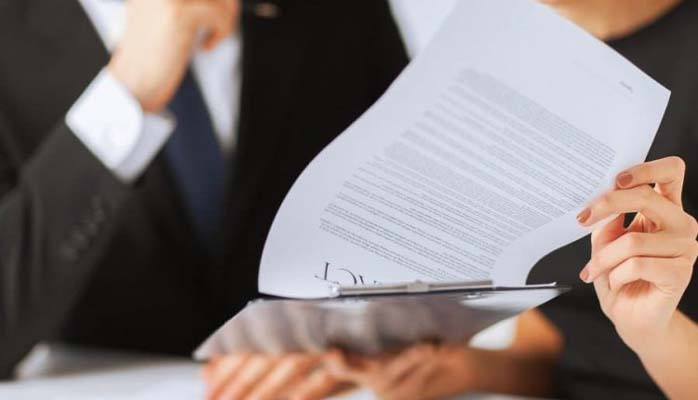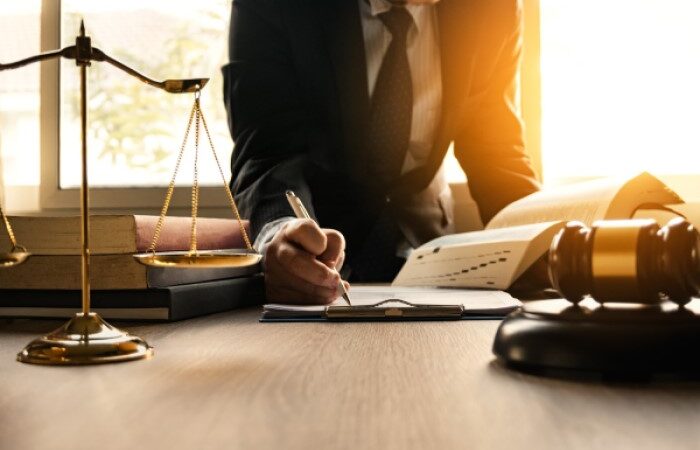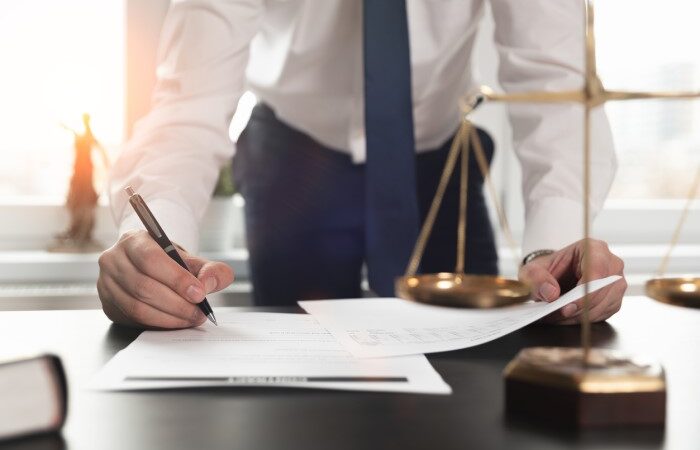Pro Bono Attorneys Fees

The American Lawyer magazine, which publishes an annual survey of the statistics of the nation’s top 100 law firms, has recently taken a position on the ethical dilemma of private law firms receiving fees in pro bono cases. The magazine acknowledged that a private law firm should not receive fees for pro bono cases. Nevertheless, the publication took a more cautious approach and suggested that fee amounts for pro bono cases should be justified.
Reasonableness of pro bono attorneys fees
A recent Supreme Court decision has brought this issue into focus. In the case of Parents Involved in Public Schools v. Seattle School District No.1, the use of race as a tiebreaker in determining admission to public schools was found unconstitutional and narrowly tailored. Although the plaintiff in the case was represented pro bono by a large private law firm, the court did not limit the firm’s ability to charge pro bono fees to a specific number.
In the case of plaintiffs, the court considered the size and complexity of the case in determining whether the fees charged should be reduced. The court noted that the pro bono counsel used extensive institutional resources to represent plaintiffs in complex, multi-year litigation involving many parties, several boxes of documents, and depositions conducted in four languages. This type of case would not be feasible for a small civil rights firm, which argued that the fees charged should be lower than the rate charged by a prevailing law firm.
Limitations on withdrawing from cases
In pro bono work, attorneys generally must continue to represent the client, unless circumstances dictate that they withdraw. There are a few exceptions to this rule, however. As long as the client is willing and the attorney has good cause, a lawyer may withdraw from a pro bono case without the client’s permission. Listed below are some of the circumstances that may warrant withdrawal of legal services.
There are also ethical requirements that apply to lawyers. For example, a lawyer may not engage in criminal or fraudulent activity while representing a client. However, if the client has informed him of the conflict, he may withdraw from the representation. However, if the client is not aware of the conflict, he may not withdraw from the case. If the lawyer withdraws from the case, the client may not be able to pursue his case.
Limitations on charging more than the market rate
The American Bar Association has proposed new federal fee-shifting rules that would apply in cases involving federal administrative agencies. These rules would make it harder for attorneys to charge pro bono attorneys more than the market rate. Instead of prohibiting attorneys from charging more than the market rate, the government should require them to provide reasonable fees. There are three ways to make this happen. Here are some examples. These guidelines should be followed as strictly as possible.
Limitations on seeking a waiver of costs
Lawyers should consider seeking a waiver of pro bono attorneys’ fees when they provide legal services to low-income individuals. In the state of Wyoming, there is no specific statutory requirement, but the State Bar does recognize and appreciate the valuable service that these individuals provide. However, this does not mean that lawyers can’t receive reimbursement for out-of-pocket expenses. The Wyoming State Bar will reimburse lawyers for reasonable out-of-pocket expenses, provided they submit receipts.




